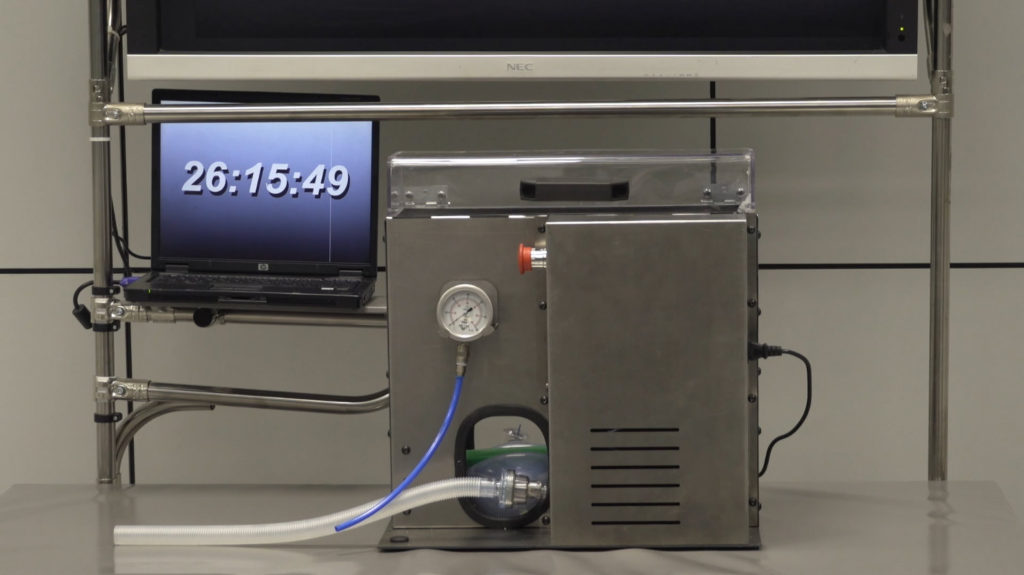- SEAT is making automated ventilators to support the fight against COVID-19
- The ventilators – made up of 80 electronic and mechanical components – utilise adapted windscreen wiper motors, gearbox shafts and printed gears
- The ventilator design is currently undergoing extensive testing for approval for use by local healthcare authorities
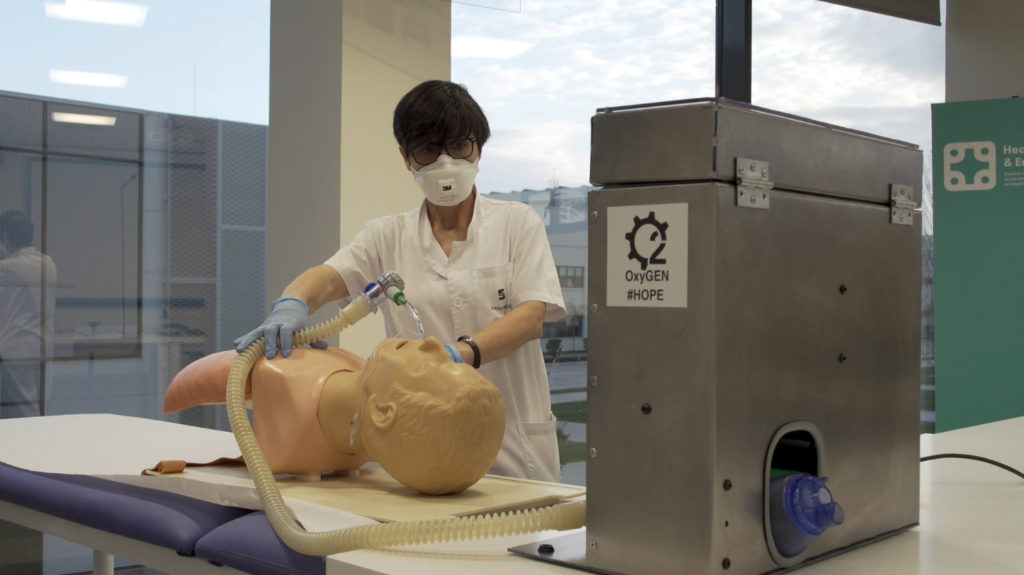
The famous Martorell facility that produces the new SEAT Leon has been transformed to manufacture automated ventilators for local healthcare authorities to help battle the global pandemic, COVID-19.
“The motivation of everyone participating in this project is that with our know-how we can mass-produce equipment that will save lives”, explains Nicolás Mora from the Production area of SEAT Martorell.
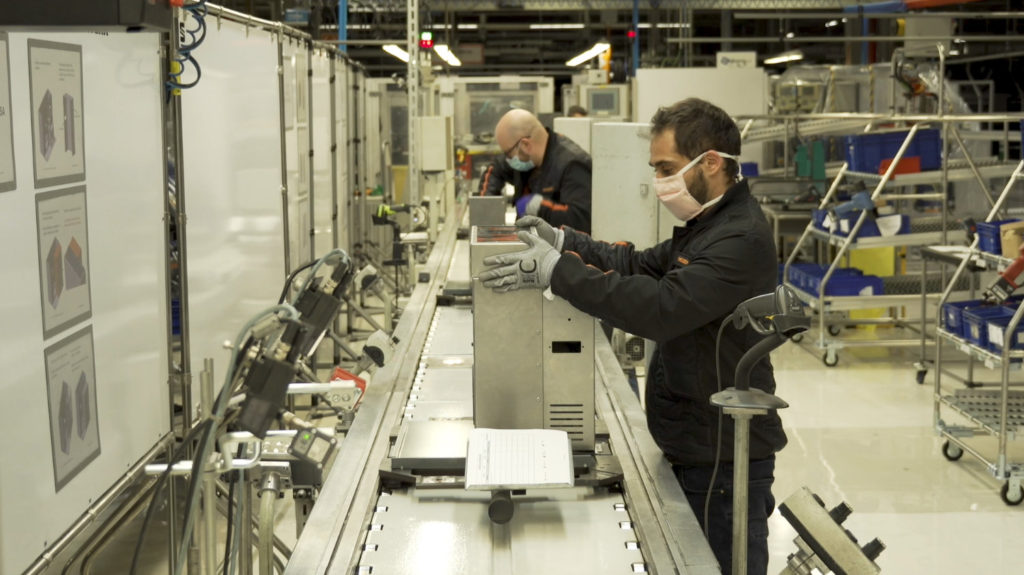
A team of engineers designed a total of 13 different prototypes before the final design was agreed upon. The team is now testing the ventilators in collaboration with the local healthcare authority to get approval for mass production to support the fight again COVID-19.
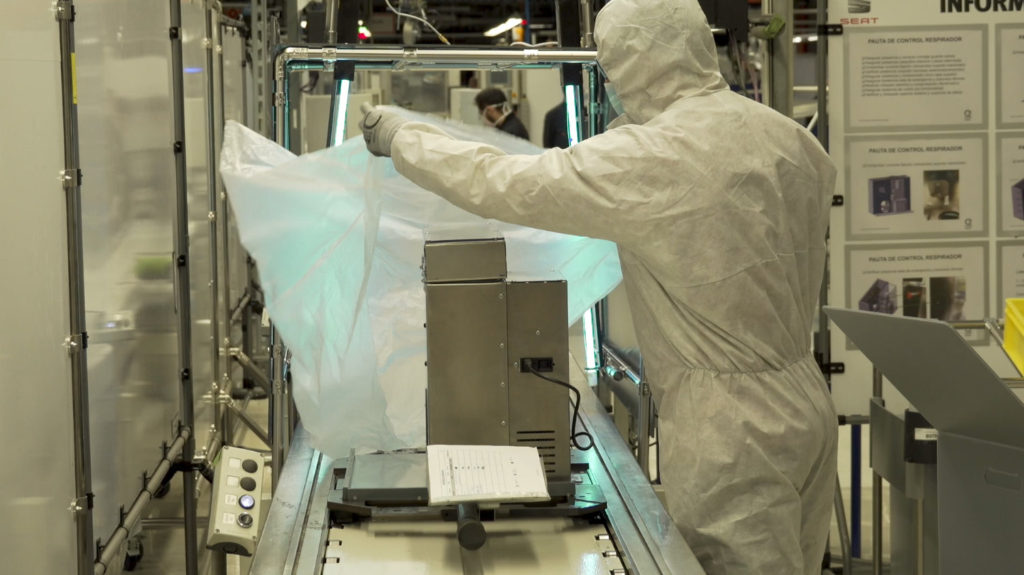
The ventilator is taking shape with printed gears, gearbox shafts from the El Prat production facility and the adapted motor of a windscreen wiper. Each ventilator has more than 80 electronic and mechanical components and undergoes a thorough quality control with ultraviolet light sterilisation.
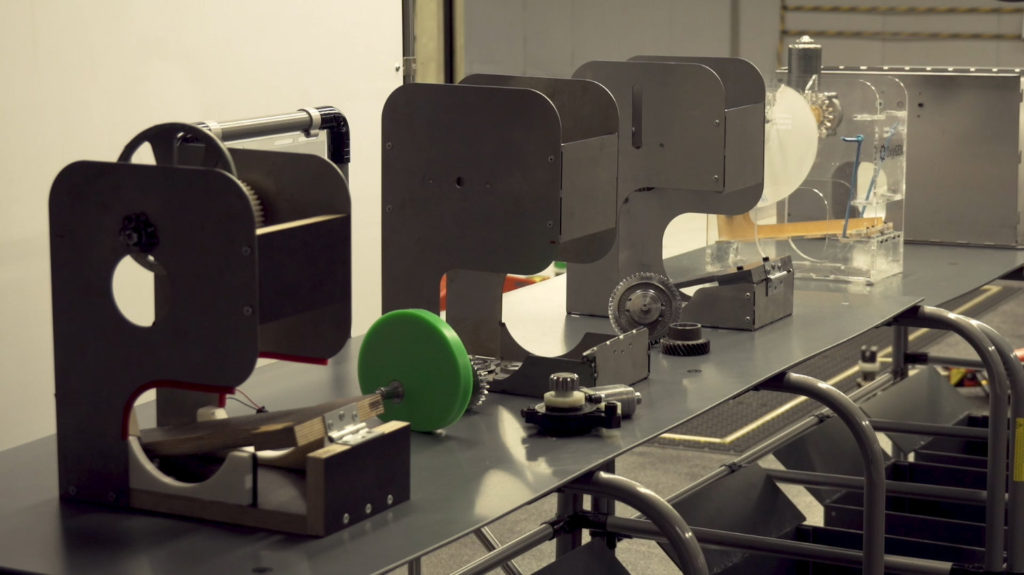
The ventilators were designed in collaboration with Protofy.XYZ and will be assembled at SEAT’s Martorell facilities. The factory will bring together 150 employees from different areas, adapting their usual workstation, to build the ventilators in the spot where the SEAT Leon is usually assembled in Martorell.
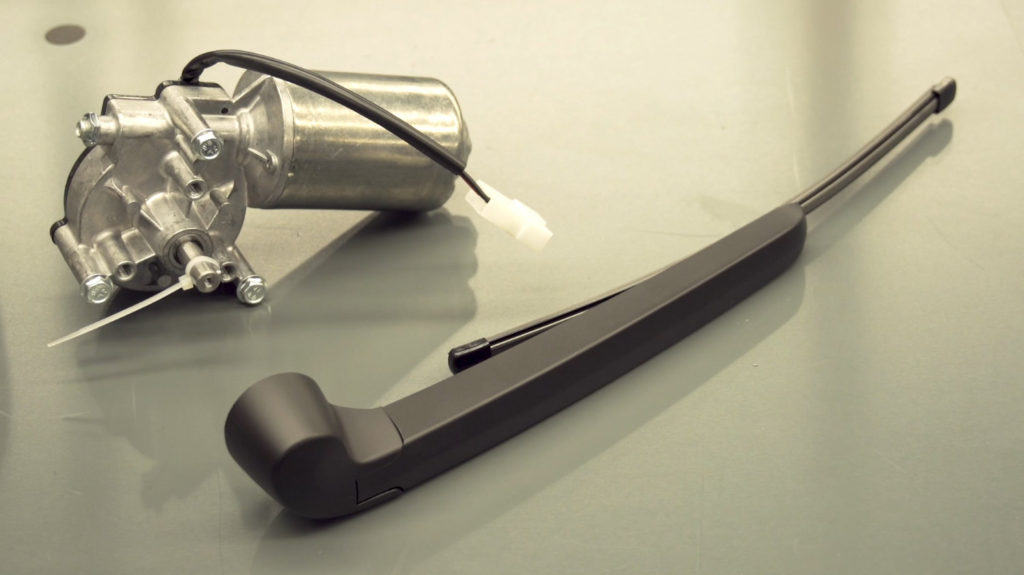
“Taking an assembly line that manufactures subframes, a car part, and adapting it to make ventilators has been a lengthy, difficult job involving many areas of the company, and we managed to do it in the record time of one week”, says Sergio Arreciado, part of SEAT’s Process Engineering.
The monumental project was made possible by a collaboration of manufacturing employees, and working in partnership with several charities and companies, in particular the Spanish Agency of Medicines and Healthcare Products.
